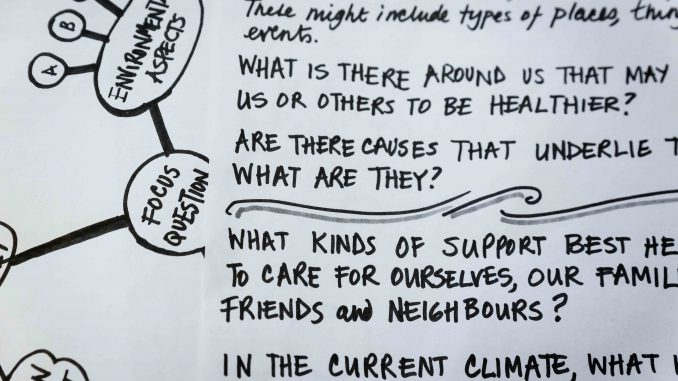
By John O’Toole, patient and public involvement representative at ARC South London
Since 2016 I have been involved in PPI in the Collaboration for Leadership in Applied Health and Research and Care (CLAHRC) South London, now succeeded by an Applied Research Collaboration (ARC). I have been a member of a Strategic Oversight Group which has helped to shape PPI. My involvement can be broken down into two overriding streams of activity, which are as follows:
First, I have been involved in a number of health research projects where my role has been, to a varying degree, from a representative of a particular group of patients to a much more generic involvement in projects where I have tried to ensure that the projects are patient-focused and most likely to be welcomed by the user community. The projects where my input was most significant were i) ‘Stories behind the bottle’ film competition designed to highlight the stigmatisation of alcoholic patients and the impact this had on the services these patients received, ii) the Alcohol Assertive Outreach Trial, looking at how this model of care can significantly reduce attendance at A&E Department, iii) and the development of the ‘My Surgery’ app designed to help dispel patients’ fears prior to surgery and encourage them to be more involved in the delivery of services.
Second, I have been an active participant in supporting the development of the structures put in place to deliver meaningful PPI and perhaps, most significantly, input into setting the agenda for projects across various work streams. These two aspects of PPI have been based on a series of closely structured workshops and study days where the participants have been able to voice their personal perspectives and priorities.
I have enjoyed my involvement in all aspects of PPI and would make the following observations which are my personal views:
• Where I have been considered a representative of a specific group of patients or service users, I have, and continue to have, concerns about the legitimacy of my being cast in this way. Whilst I have, when possible, discussed the impact of the projects concerned with an appropriate audience the views I have expressed in project meetings have largely been my own.
• It is important not to be daunted or intimidated by the scale of the problems or the expertise of the health professionals with whom you are working. Mitigate this by understanding your role in the project and by not being afraid to ask questions to seek clarification.
• Set your objectives for involvement realistically. The impact you are able to make will vary from project to project and what may seem to be small changes in emphasis or direction, your input may well be significant to some eventual service users.
In the current era of fast-growing demand for services, raised expectations, and the unremitting pressure on resources, the importance of maximising the benefit gained from health service interventions is paramount. Meaningful PPI input will play a valuable role in this delivery.

Leave a Reply